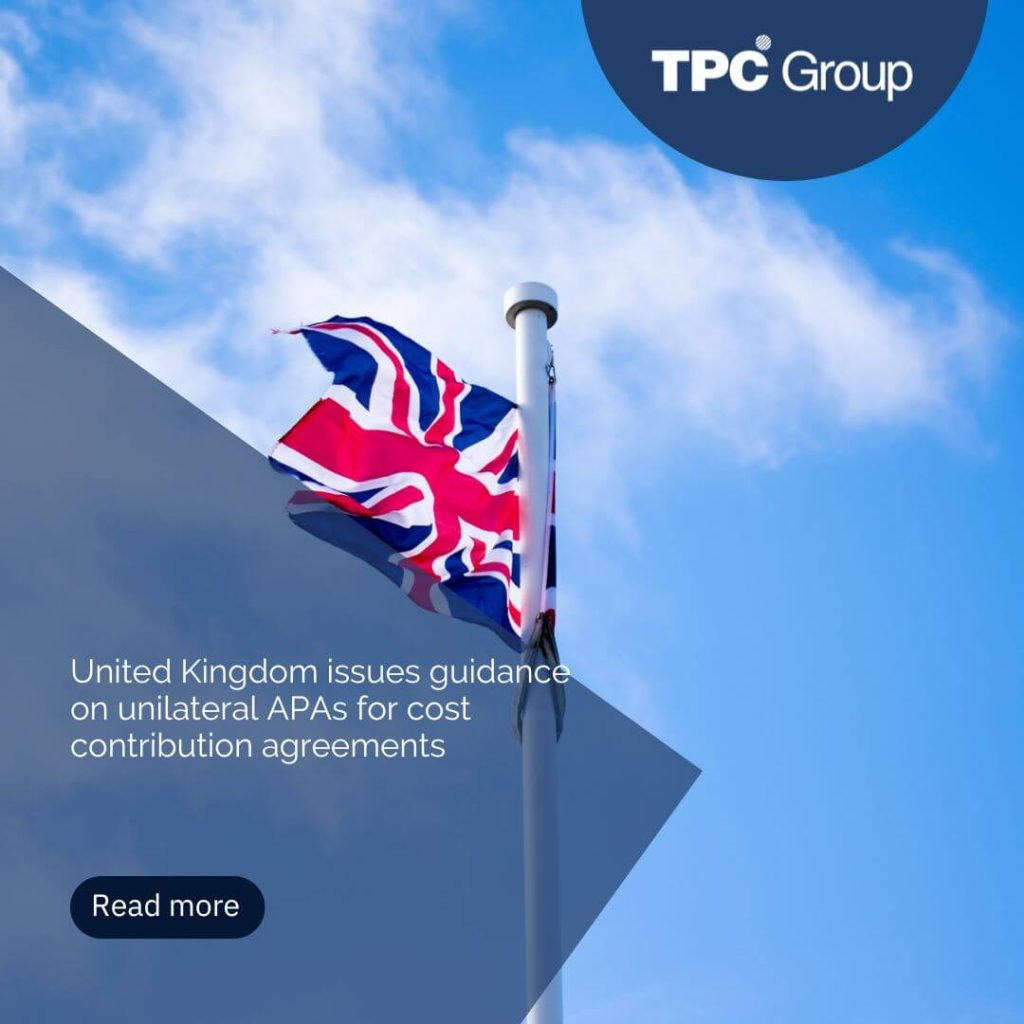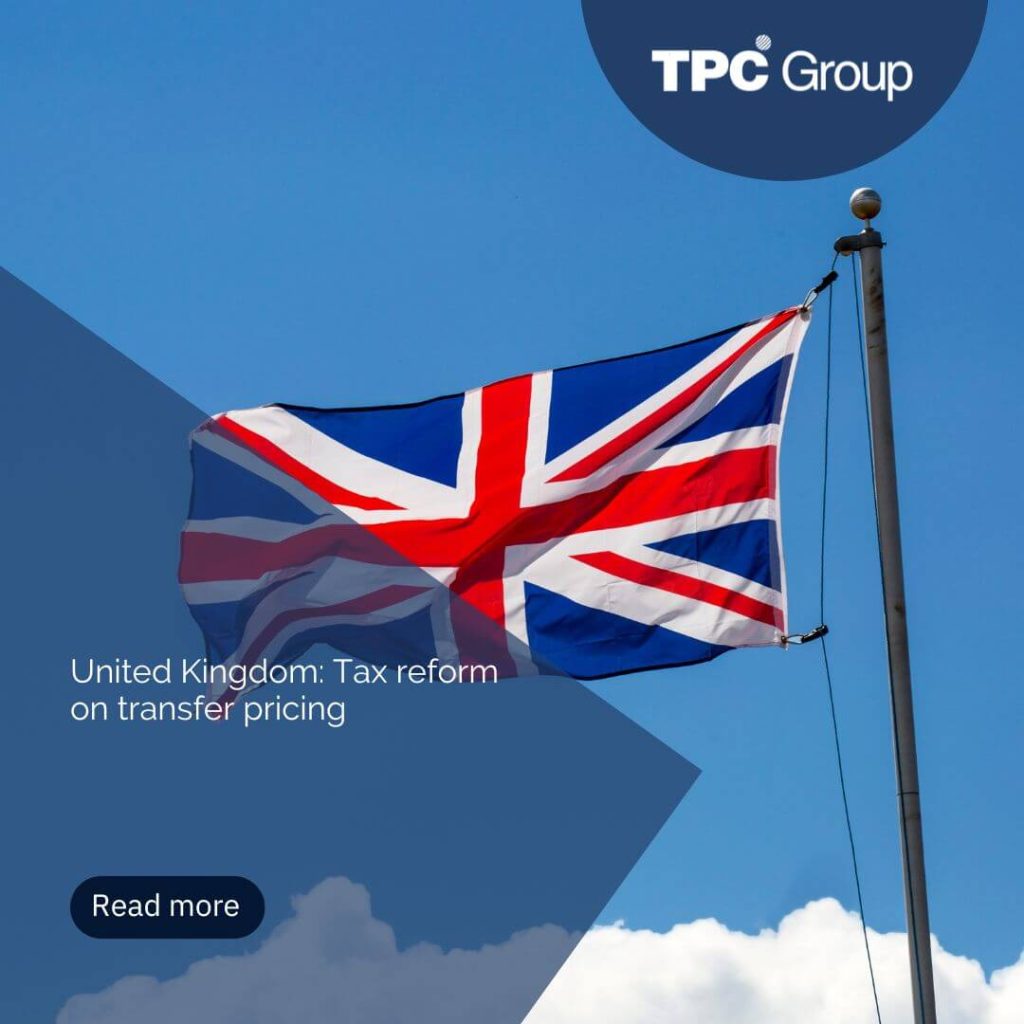Category: United Kingdom
-
Archives
-
Categories
- News (770)
- Argentina (36)
- Australia (7)
- Bolivia (20)
- Brazil (15)
- Canada (1)
- Chile (40)
- Colombia (52)
- Costa Rica (15)
- Dominican Republic (18)
- Ecuador (14)
- El Salvador (6)
- Germany (2)
- Guatemala (8)
- Honduras (7)
- India (8)
- Italy (3)
- Japan (1)
- Mexico (33)
- Netherlands (2)
- Nicaragua (2)
- Panama (21)
- Paraguay (19)
- Peru (45)
- Spain (26)
- United Arab Emirates (2)
- United Kingdom (2)
- United States (17)
- Uruguay (16)
- Venezuela (1)
- Vietnam (1)
- Not index (15)
- Publications (193)
- Audits (3)
- Nias English (2)
- Niif English (25)
- Taxes (44)
- Transfer Pricing (91)
- Uncategorized (1)
- News (770)
-
-
-


